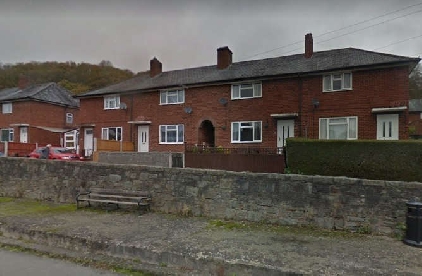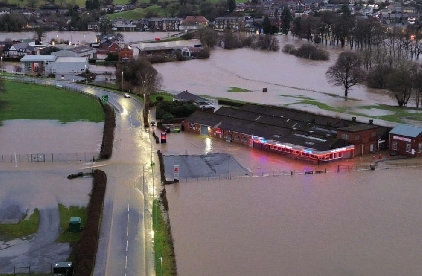
People in the Dyfed-Powys area will pay more for policing after the precept was increased by 7.75%.
It will mean Band D householders paying £312.65p towards the force in 2023-24 – a £22.49p increase from this year.
The precept funded 30% of the Dyfed-Powys Police budget 20 years ago, but now funds more than half of it. The remainder of the budget comes from the Home Office, with a smaller contribution from the Welsh Government.
Speaking at a meeting of the Dyfed-Powys police and crime panel, the force’s police and crime commissioner Dafydd Llywelyn said: “I say this every year, it is with a heavy heart that I take that level of precept rise to the public. I am acutely aware of the pressure on the public purse and on the communities that ultimately I serve, but it is to ensure the force has a balanced budget and there is sufficient scope within that to modernise the service where possible and deal with the challenges ahead.”
Police and crime commissioners set budgets for their local force, as well as appointing chief constables and setting police and crime objectives. They are in turn scrutinised by police and crime panels, which are made up of councillors and lay members who can accept or veto proposed precepts.
The Dyfed-Powys police and crime panel had analysed the budget figures via a finance sub-group and said an initial 9% hike proposal had been reduced to the “much more acceptable” 7.75%, thanks to savings being made by the force.
The finance sub-group concluded: “No one likes the idea of paying more taxes. However, if we are to maintain an efficient and effective police force in Dyfed-Powys the chief constable must be provided with sufficient resources. In the absence of adequate funding from the Home Office the commissioner has no option but to turn to local taxpayers to make up the shortfall.”
Mr Llywelyn took panel members through the budget report, including a consultation which the commissioner said revealed a willingness among the public to pay a higher precept. But he added that the public also questioned accessibility to and visibility of police officers in their area. He said this was a priority for him.
The budget report said police officers received a pay award of £1,900 at all pay points this financial year – worth around 5% when all ranks and pay scales were considered. Police forces face other inflationary pressures, such as energy and fuel costs.
Mr Llywelyn said he expected Dyfed-Powys Police to make savings of over £1 million this financial year. He added that £1.2 million would be invested in the force’s telephony system.
The force is projected to employ 2,188 police officers, staff and community support officers by the end of March this year. Just over 1,300 of these will be police officers.
The force’s total budget for day-to-day costs will be £133.4 million in 2023-24 – a 4.68% increase on the current year. The precept will contribute £72.5 million towards it.
The report said external borrowing of £66.1 million will be needed to fund a five-year capital programme, with most of it for a new police station and custody suite in Llanelli, a new police building in Brecon, and a new firearms training centre for South Wales’s three police forces.
Mr Llywelyn told the panel that he was shocked by the state of the current firearms training centre in Waterton Cross, Bridgend, on a recent visit.
The Plaid commissioner answered questions from the panel, including whether he thought special constables – who have warrant powers and are volunteers – were better value than community support officers, who lack warrant powers and are paid.
Mr Llywelyn said he would love to have 200 specials but that volunteering numbers had fallen in recent years. He added that specials were often trained at weekends over a period of months, which required a lot of investment and management.
Panel member, Cllr Simon Hancock, proposed accepting the 7.75% precept recommendation, which was agreed unanimously.
“I’m personally satisfied that the precept does represent good value for money,” he said. “Nobody wants to pay more, but if we want good quality public services then they have to be paid for.”


 Council house rents in Powys are due to rise by 2.7%
Council house rents in Powys are due to rise by 2.7%
 Council is keen to improve it's response to storm emergencies
Council is keen to improve it's response to storm emergencies
 Tories take swipe at Lib Dems following 8.9 % Council Tax rise unveiled
Tories take swipe at Lib Dems following 8.9 % Council Tax rise unveiled
 Search for West Mercia Police Chief Constable is underway
Search for West Mercia Police Chief Constable is underway
 Yellow warning issued for snow and ice
Yellow warning issued for snow and ice
